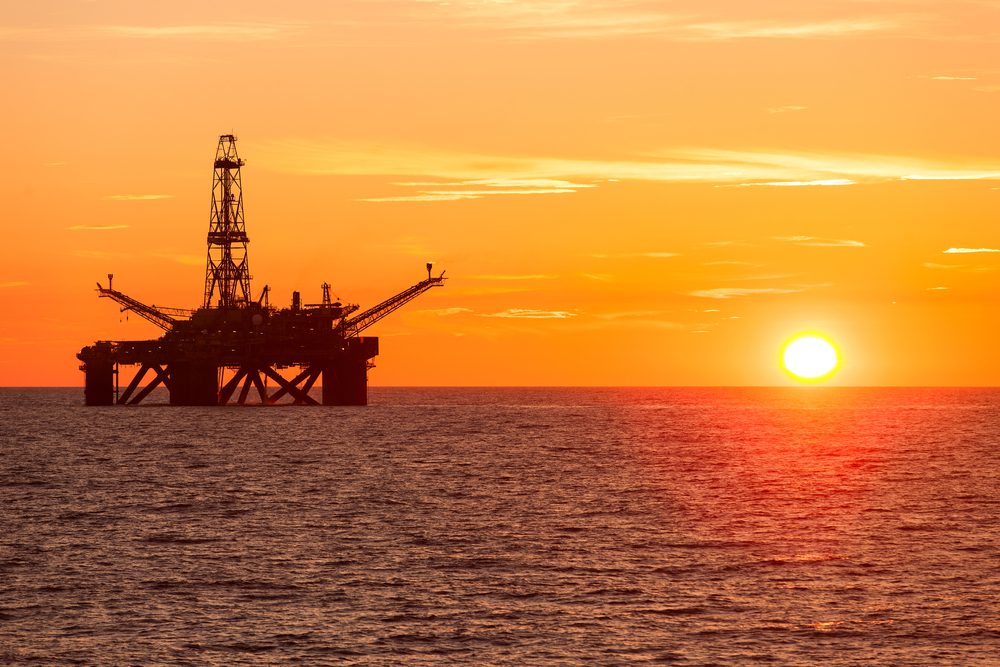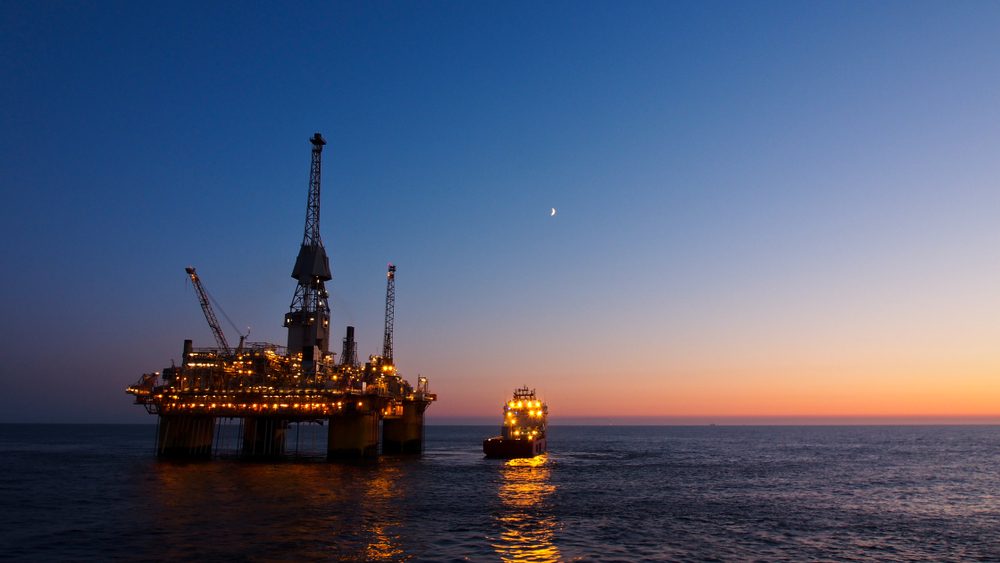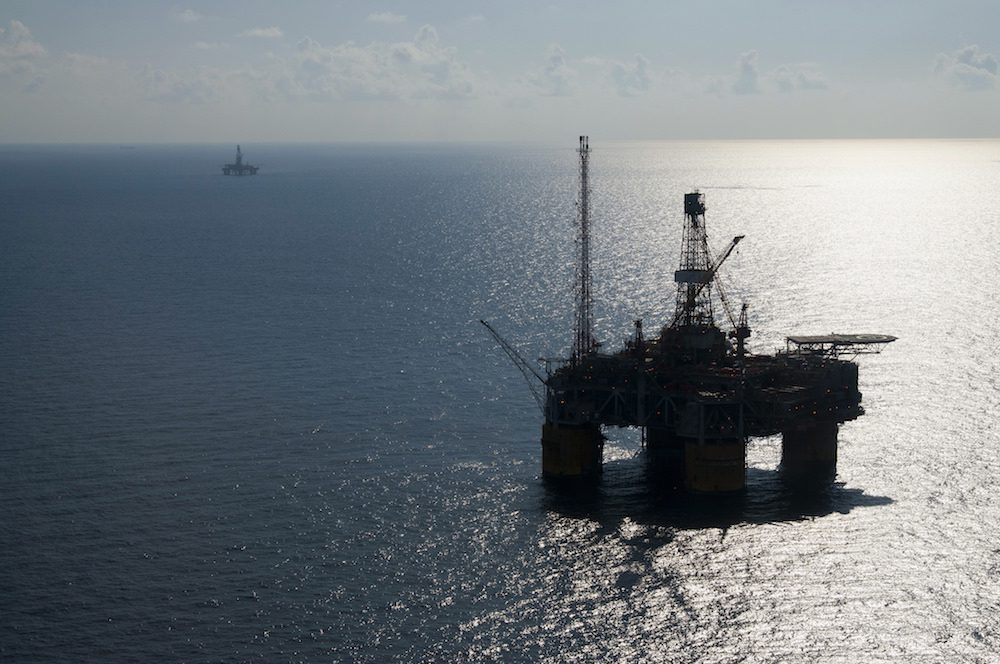Updated: November 23, 2023 (Originally published June 9, 2011)
 Exxon Mobil Corp.’s huge new oil discovery in the Gulf of Mexico is good news for domestic energy production, but it’s even better news as a sign that last year’s panic over the BP spill won’t continue to cripple American offshore oil exploration. Every so often, reality triumphs over politics.
Exxon Mobil Corp.’s huge new oil discovery in the Gulf of Mexico is good news for domestic energy production, but it’s even better news as a sign that last year’s panic over the BP spill won’t continue to cripple American offshore oil exploration. Every so often, reality triumphs over politics.
Exxon had been ready to drill on the site last year before the Obama Administration shut down all deepwater drilling in the wake of the BP spill. The Interior Department is still issuing very few permits, only 15 for new wells since it lifted its moratorium in October, but Exxon received one of them and struck black gold at 7,000 feet below sea level and some 230 miles at sea.
That’s nearly 3,000 feet deeper than BP’s Macondo well and shows how technology and innovation have opened up oil and gas resources that were impossible to detect, much less reach and develop, only a few years ago. Exxon estimates the field contains some 700 million barrels of oil equivalent, one of the largest finds of the last decade.
The great energy irony of recent years is that governments have thrown hundreds of billions of dollars at wind, solar, ethanol and other alternative fuels, yet the major breakthroughs have taken place in the traditional oil and natural gas business. Hydraulic fracturing in shale, horizontal drilling and new seismic techniques are only the best known examples.
Private companies must innovate to survive, and they have the profit incentive to do so, while government cash is usually steered to politically favored companies that may or may not know what they’re doing. If you live off federal grants, you need to work the corridors of power more than the technology. Federal grants for cellulosic ethanol are rife with political earmarks, for example. This is why these columns have argued that the political fad of alternative energy has misallocated scarce capital when the economy can least afford it.
The risk of oil spills has not vanished. But one lesson of the BP debacle is that better management and practices could have prevented it. The Obama Administration is making it harder to obtain permits, which will eliminate all but the biggest companies from deepwater drilling and (unfortunately) raise the cost of production.
Far more important for safety is the effort that the oil industry is taking to contain future deepwater spills. ConocoPhillips, Exxon, Shell and Chevron have led an effort, since joined by other companies, to form the Marine Well Containment Co. to build a spill containment system that will be permanently placed in the Gulf starting next year.
The companies are attempting to apply the lessons from the BP fiasco, and their expectation is that the system would be able to handle a blowout as if it were a contained well at depths of up to 10,000 feet. The companies have committed $1 billion to the project, and we’re told the cost could reach $1.5 billion. If you believe Big Oil companies are inherently evil, you’ll think this is one more confidence trick. But no rational company or CEO wants to endure the reputational damage that accompanied the BP spill.
The Exxon discovery is a display of the animal spirits that still live in the U.S. energy industry, notwithstanding the political efforts to stifle them. As much as Washington tries, the U.S. economy is hard to keep down.
Dow Jones & Company, Inc.
Image courtesy of W. Blake, NOAA
Editorial Standards · Corrections · About gCaptain

 Join The Club
Join The Club












